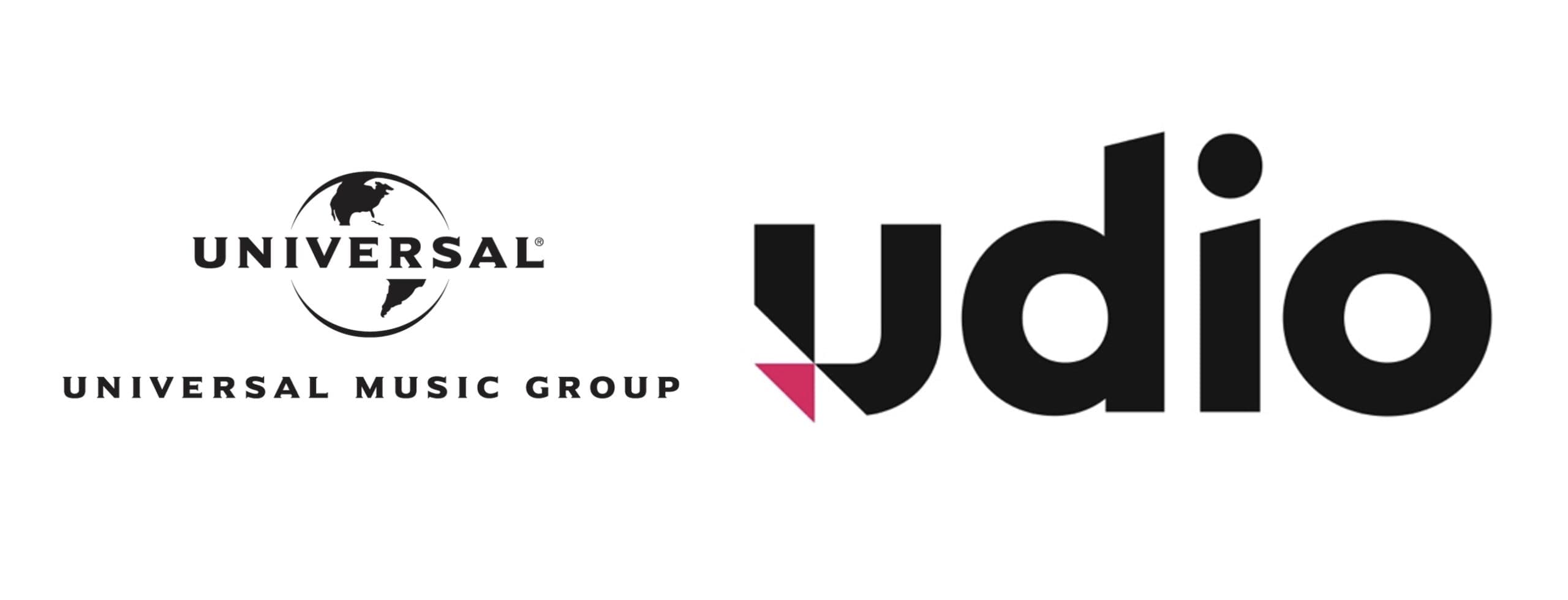Udio Offers 48-Hour Download Window Amid User Outcry Over UMG Deal's Export Restrictions

AI music creation platform Udio has announced a temporary 48-hour window for users to download their existing AI-generated songs, following intense backlash and accusations of "absolute betrayal" after its recent settlement with Universal Music Group (UMG). The agreement, which resolved a copyright infringement lawsuit, immediately barred users from exporting their creations, effectively transforming the platform into a "walled garden." This abrupt policy shift has ignited significant frustration among its user base, many of whom had invested considerable time and resources into developing their musical works.
The landmark deal, publicly announced on October 29, 2025, concluded UMG's involvement in a copyright infringement lawsuit against Udio, alleging unauthorized use of copyrighted music for AI model training. As a core term of the settlement, Udio immediately disabled all download functionality, compelling users to stream their AI songs exclusively within the platform. Udio CEO Andrew Sanchez addressed the user discontent directly, stating in a Reddit post, "Not going to mince words: we hate the fact we cannot offer downloads right now."
The move prompted a strong reaction from the Udio community, with one user on Reddit expressing, "No one warned us that one day, we wouldn’t even be able to access our own music. You can’t just pull the plug and call that a ‘transition.’" The initial tweet captured this sentiment, describing it as an " 'Absolute Betrayal'." In response to the widespread anger and threats of legal action, the 48-hour download period, commencing November 3, 2025, was introduced to allow users to retrieve their creations under the platform's original terms of service.
Beyond the settlement, the UMG-Udio collaboration outlines plans for a new, licensed subscription AI service set to launch in 2026. This future platform aims to utilize generative AI technology trained on authorized and licensed music, ensuring artists and songwriters receive compensation for their contributions. Sir Lucian Grainge, Chairman and CEO of UMG, emphasized the deal's role in fostering a "healthy commercial AI ecosystem" that benefits creators and technology companies alike. The agreement represents a significant step in the music industry's ongoing efforts to establish a regulated framework for AI music generation.
The implications of this agreement extend across the AI music landscape, with the original tweet noting that "Suno also impacted." Suno, another prominent AI music generator, currently faces similar copyright infringement lawsuits from other major labels, including Sony Music and Warner Music Group. The Udio-UMG settlement could therefore establish a crucial precedent for how traditional music entities and AI platforms navigate intellectual property rights and user expectations in the rapidly evolving domain of AI-generated content.